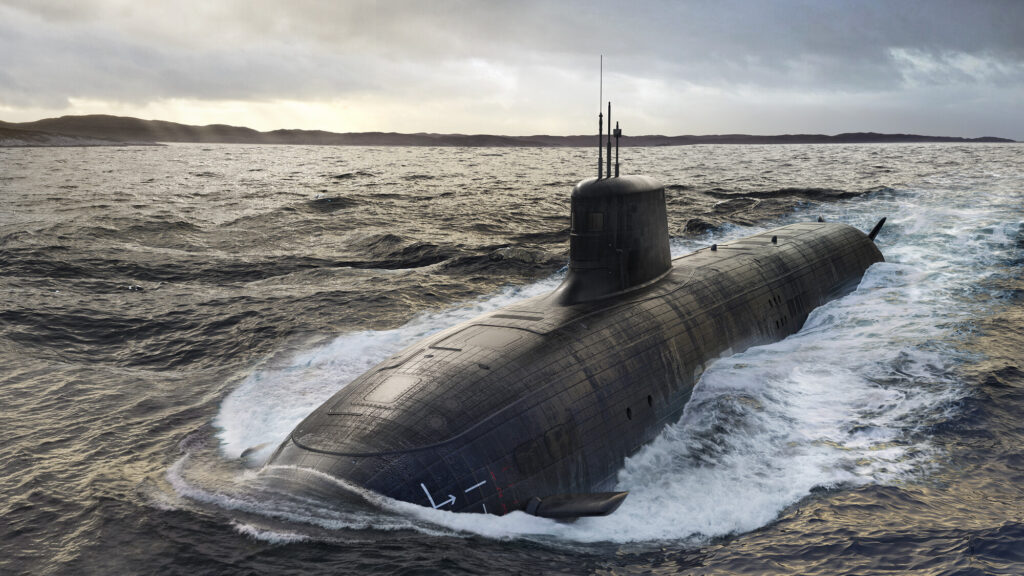Executives from Britain’s main submarine contractors instructed MPs that the AUKUS partnership with america and Australia is progressing positively however warned that delays in choice making and alignment may undermine its early momentum.
Giving proof to the Defence Committee, senior representatives from BAE Programs, Rolls-Royce and Babcock described the primary section of AUKUS, centered on the next-generation SSN-AUKUS submarine, as each promising and complicated.
Steve Timms, Managing Director of BAE Programs Submarines, mentioned the collaboration had been “an actual catalyst for enhancing the extent of cooperation” with the US and Australia. He described a brand new stage of belief and shared engineering effort however warned that the programme’s success trusted “securing alignment” and making key choices “on a well timed foundation.” With out that, he mentioned, there was a danger of slipping not on time. “To complete programmes on time, we have to begin on time,” he instructed MPs.
Babcock’s Harry Holt agreed that progress had been broadly optimistic however mentioned the size of the programme required greater than coordination on submarine design. “That is an ecosystem,” he mentioned, “not merely new submarine platforms, however infrastructure, regulation, provide chain and workforce. We should always guarantee that we’re shifting on all elements of the ecosystem and never letting any a type of parts fall behind.” Holt highlighted Babcock’s three way partnership in Australia, H&B Defence, as a mannequin for long-term industrial collaboration and mentioned relations with Australian authorities had improved as Canberra consolidated choice making beneath its “Group Australia” strategy.
For Rolls-Royce Submarines, President Steve Carlier described the UK’s nuclear partnership with the US as “very properly established and understood,” courting again to the 1958 Mutual Defence Settlement. He welcomed the addition of Australia to that relationship however echoed issues about tempo. “It’s actually troublesome as a producer to take care of very low volumes,” he mentioned. “A trilateral ambition to develop that quantity and resilience could be very welcome… however it is rather essential that we begin on time, and that we maintain going.”
Requested how one can overcome the alignment problem, the witnesses pressured early dedication and continuity. Carlier suggested, “At the start, begin on time. Keep on and by no means let the trouble cycle down or up. Hold the tempo.” Timms added that decisions on infrastructure, redundancy, and provide chain safety needed to be made shortly to steadiness “danger urge for food versus resilience.”
Committee members additionally requested whether or not AUKUS had strengthened cooperation among the many UK’s personal submarine builders. Timms mentioned the three firms already operated as a carefully knit group throughout the defence nuclear enterprise. “Given nuclear’s comparatively area of interest household, the working relationship between Authorities authorities and business has been excellent for an awfully very long time,” he mentioned.
Holt added that their pre-existing collaboration offered a basis for the trilateral partnership somewhat than the opposite approach spherical.

